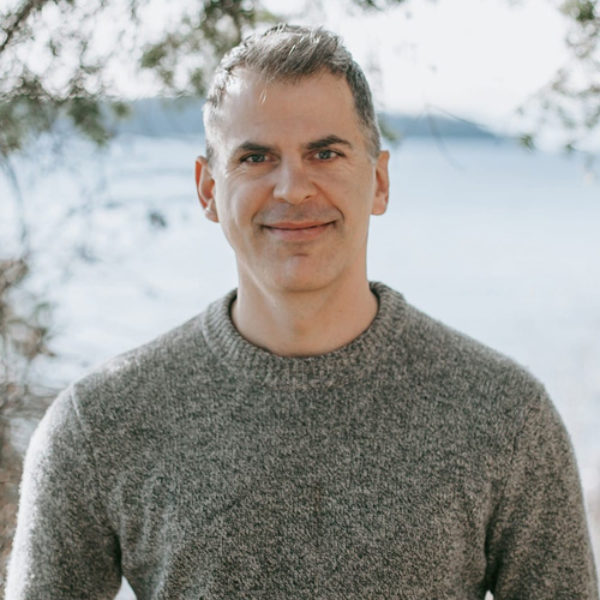There is a growing tendency to imply or assume that all suffering is self-created. This is a naïve, even dangerous, view, removed from the middle way. The view ignores the teachings of non-self and the emptiness of self. Does self-inquiry, self-acceptance, self-compassion, self-interest and promotion of the Self promote self-indulgence? Is it any wonder that the corporate world promotes mindfulness? Join Christopher for an exploration of these questions.
With Christopher Titmuss recorded on March 13, 2016.
Found our teachings useful? Help us continue our work and support your teachers with a donation. Here’s how.
Discover more from the Dharma Library
-

Practicing Belonging in a Divisive World
Recorded :
October 20, 2024 The precepts are often shared on the first night of retreat to kind of go into a social contract of how we’re going to care for one another on retreat, while holding the nobility of silence. And out in the world, without the protection of silence and this commitment, we often forget how deeply we…
-

Exploring Karma, Choice and the Mind
Recorded :
June 30, 2024 Karma is action in Buddhism, driven by intention. With practice we cultivate the ability to choose our response and our actions, internally and externally. We might think if our intentions are good our actions will follow, but our intentions are often under the influence of strong conditioning that prevents us from living our choices. But…
-

Daily Meditation Recordings, with Caverly Morgan – Week of May 18
We’re very grateful to have Caverly Morgan hosting our Daily Meditation Series for North America. To find out more about Caverly, and to view her past recordings and contributions to Sangha Live, click here. Monday, May 18 The unconditional embrace of “yes” Wednesday, May 20 Seeing the inner critic from the refuge of being. Friday,…
-

Daily Meditation Recordings, with Martin Aylward – Week of October 19, 2020
We’re fortunate that Martin Aylward has generously offered to lead our daily meditation sessions for Europe and the UK this week. To find out more about Martin, and view his other recordings on the platform, click here.
-

Seeing Clearly in an Age of Confusion
Recorded :
May 1, 2022 The Buddha spoke of the three poisons of greed, hatred, and delusion. We see all three of these showing up in the realm of global events currently, and in particular, the phenomenon of ‘fake news’, intentional misinformation, and delusional thinking. How might the practice of Vipassana or ‘seeing clearly’ help us in this context? How…
-

The Energy of Presence
Recorded :
March 12, 2023 This session explores ways that qigong, a Chinese energy cultivation practice, can deepen our embodied presence. There is discussion, intention-led movement and meditation to help ground our awareness, free up blockages and discover ways to open to our natural vitality. All levels of experience and abilities welcome, and options for limited mobility and seated qigong are shared.
-

Surrendering to awareness.
Recorded :
April 10, 2016 Often in spiritual practice there is the encouragement to observe. From that place of observation we attempt to “be with” what arises. When does that intention get colonized by the ego? Who is it that is “being with”? What is it that is “being with”? What shifts in our practice when we surrender what is…
-

Practicing with the suffering of the world.
Recorded :
October 23, 2016 Worldwide Insight talk from Diana Winston: “Practicing with the Suffering of the World”. Guided meditation, Dharma talk and Q&A.







Discussion